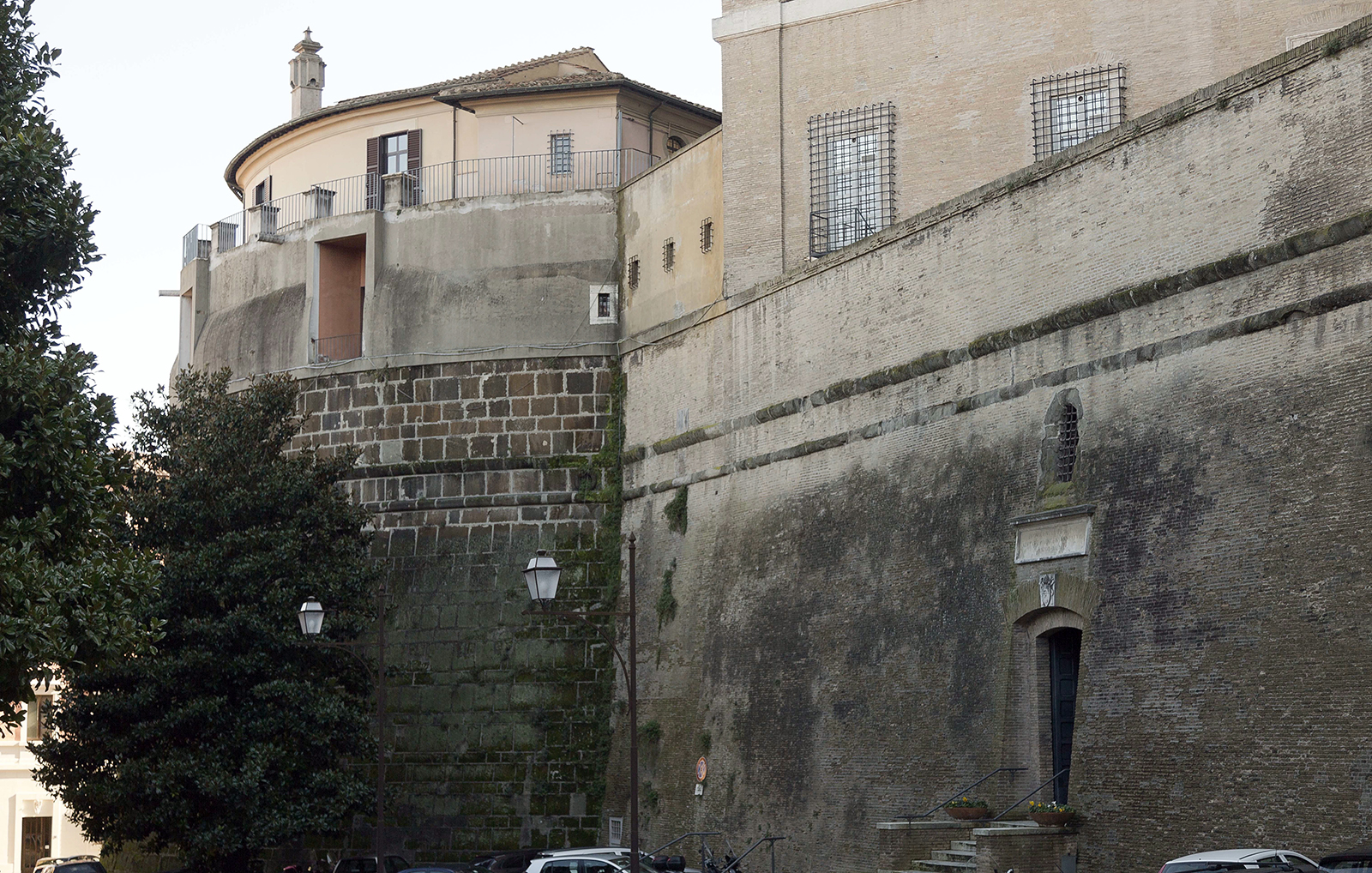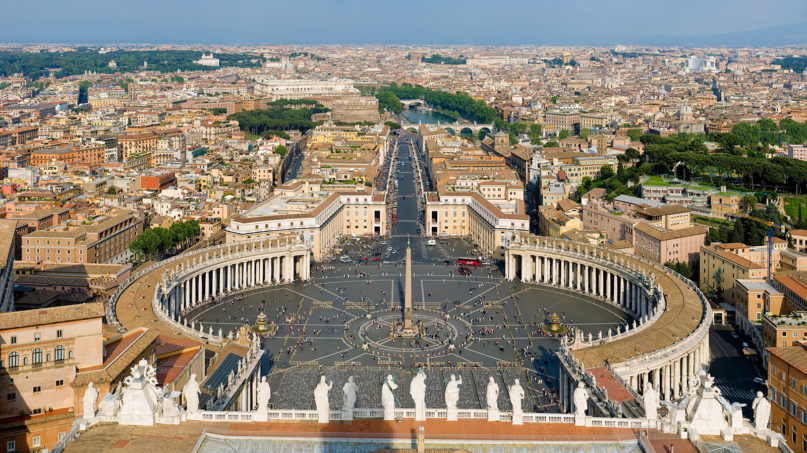VATICAN CITY (RNS) — Describing itself as the only financial entity aimed at adhering to Catholic ethics instead of achieving the highest possible profit, the Vatican bank, officially called the Institute for Religious Works or IOR, made 29.6 million euros in profit in 2022, according to its budget published on Tuesday (June 6).
In its 11th annual budget report, the Vatican’s financial institution presented a positive statement of its operations, crediting interest margins, investments and digitalization. The 2022 profits represent a hopeful rebound from its 2021 report, when the Vatican bank reported a profit of 18.1 million euros, a decline compared with previous years.
The Vatican bank has undergone significant changes under Pope Francis and his predecessor, the late Pope Benedict XVI, aimed at promoting transparency and efficiency in the Catholic institution’s wrought finances.
In an edict issued in August 2022, Pope Francis ordered all financial assets belonging to the Holy See be moved to the institute to promote centralization.
“Throughout 2022, IOR continued to expand its banking and investment services, further develop its IT platforms, hire experienced professionals in managerial roles, promote generational turnover, as well as introduce a transparent and structured remuneration and incentive system,” the institute’s report read.
Given the positive balance, the Commission of Cardinals that oversees the bank has decided to allocate 3 million euros to fund the pope’s charitable works, 2 million euros for the charities of the commission and another 200,000 euros for the institute’s charities.
“In terms of asset management, the Institute is highly committed to the principles consistent with the Catholic faith. The high standards achieved by the IOR in asset management amply confirm the choice made,” the statement read.

An exterior view of the offices of the Vatican bank, officially known as the Institute for Religious Works, in Vatican City in 2014. (AP Photo/Domenico Stinellis)
The bank’s core capital and liquidity contribute to making the institute “among the strongest financial institutions in the world,” the statement added.
The Vatican has worked hard in recent decades to restore the credibility of its financial institution, which has the main objective of safely distributing the church’s wealth to its numerous missions around the world. The former president of the Vatican bank, Angelo Caloia, was convicted by a Vatican court for money laundering in an opaque real estate investment.
Last year, the bank was compensated more than 17.2 million euros for the losses it suffered due to fraudulent behaviors dating back to 2014. Meanwhile, related trial cases continue to go forward at the Vatican and abroad.
“There has been the realization that the institute is part of a larger and more important organism and that organism is not the financial world, but the Holy See,” said Monsignor Battista Ricca, Prelate at the Vatican bank, speaking to Vatican media.
“This realization has greatly reduced the idea of acting independently and of being able to operate free from any rule. Also, the specter of the genuine disasters committed in the past is always there to keep us on the alert,” he added.
In 2019, the new leadership at the Vatican bank flagged a suspicious loan request for 150 million euros to invest in real estate in London’s Chelsea district. The deal is now at the heart of a Vatican trial of 10 individuals, including Vatican officials, accused of money laundering and corruption.
The anti-money laundering committee Moneyval now placed the Vatican bank “as one of the best ranked institutions in the world,” the statement read.





